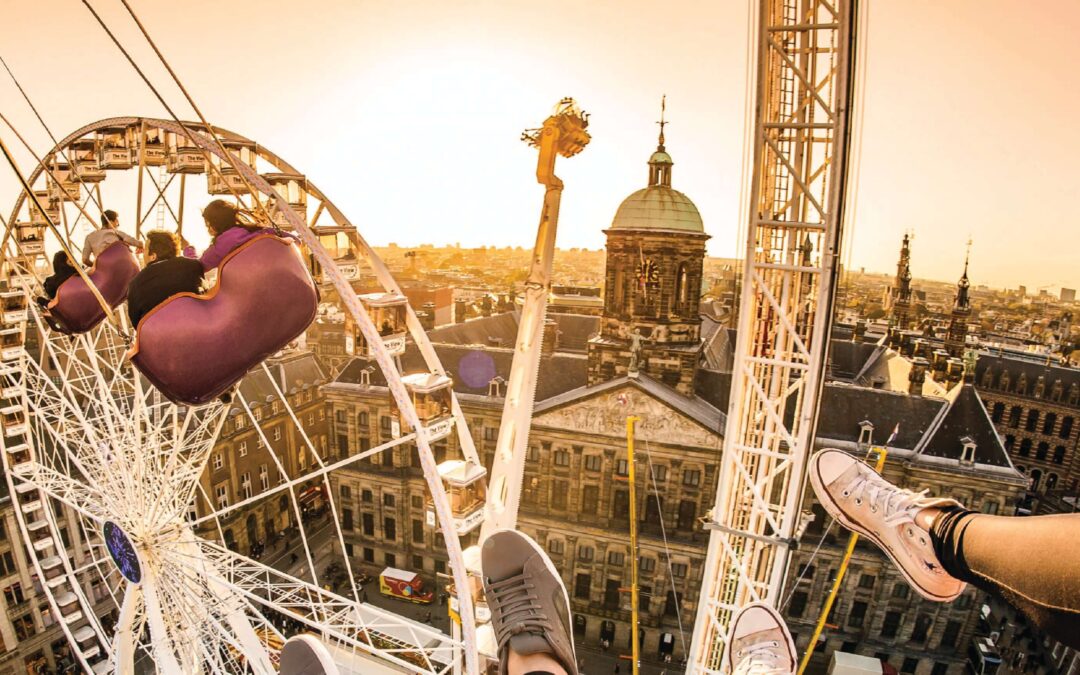You would think a huge disrupter like AirBnB wouldn’t need to employ someone to disrupt their own business. Disruption is at the core of who they are, doesn’t it come naturally?
The short answer to this is no. Just because a company has disrupted an industry, it doesn’t mean they have the art of disruption down. This is why AirBnB employed Rebecca Sinclair, Head of User Experience Research and Design. Forbes recently sat down with Rebecca and asked her a series of questions about how companies can use design to determine product-market fit.
Huddled around a bunch of post-it notes, Rebecca and her team realised, through the process of Design Thinking, that the product they were selling wasn’t the spare bedroom in someone’s house or the bungalow in Bali, but rather their product was the trip itself. Their platform enabled people to experience travel like never before, not just an easy way to find cheap accommodation.
Rebecca remarks in the article
“This offline experience — this trip to Paris or stay in a treehouse — is what they were buying from us, not a website or an app. That’s when we started to say, “the product is the trip” and began shifting our perspective. We could see completely new possibilities in how we thought about which problems to solve and what to build.”
This resulted in a shift in how AirBnB saw itself, moving from a tech or app-based perspective to one that saw the business as a lifestyle company. Suddenly, AirBnB became more than an app or accommodation site, it grew to include experiences. Now someone cannot only book their accommodation in Amsterdam, but they book that experience cruise or food tour as well. All the while remaining within AirBnB’s product market fit, it makes sense that you can book your accommodation and a couple of experiences all on the one platform.
What’s more interesting is the internal effect this shift had. Rebecca says “the real genius is that storyboards became part of our culture and helped make Airbnb a resilient, creative organization…Giving people problems instead of to-do lists empowered them to examine their work through a new lens. They were invited to be creative and come up with new ideas and possibilities that leadership could never have imagined.”
Freeing their employees to be more creative and innovated has seen AirBnB continue to rise as the go-to platform for travel and experiences. Rebecca finishes her interview with this insightful and powerful statement:
“You have to understand your customers’ experiences and ask yourself how they feel, but don’t ask your customer to tell you the solution. You are the designer. Your job is to be a deep, empathetic listener and to imagine ways to solve their problem. Take responsibility to create something better than the customer could have imagined. They are the inspiration, but you are the creator.”
It’s this ethos that Seed embodies in our Design Labs. If you would like to know more about how your organisation can access the Design Thinking approach and disrupt your industry, contact us at info@seed.org.au or check out our Organisational Offerings.
To read the full Forbes article, click here.

